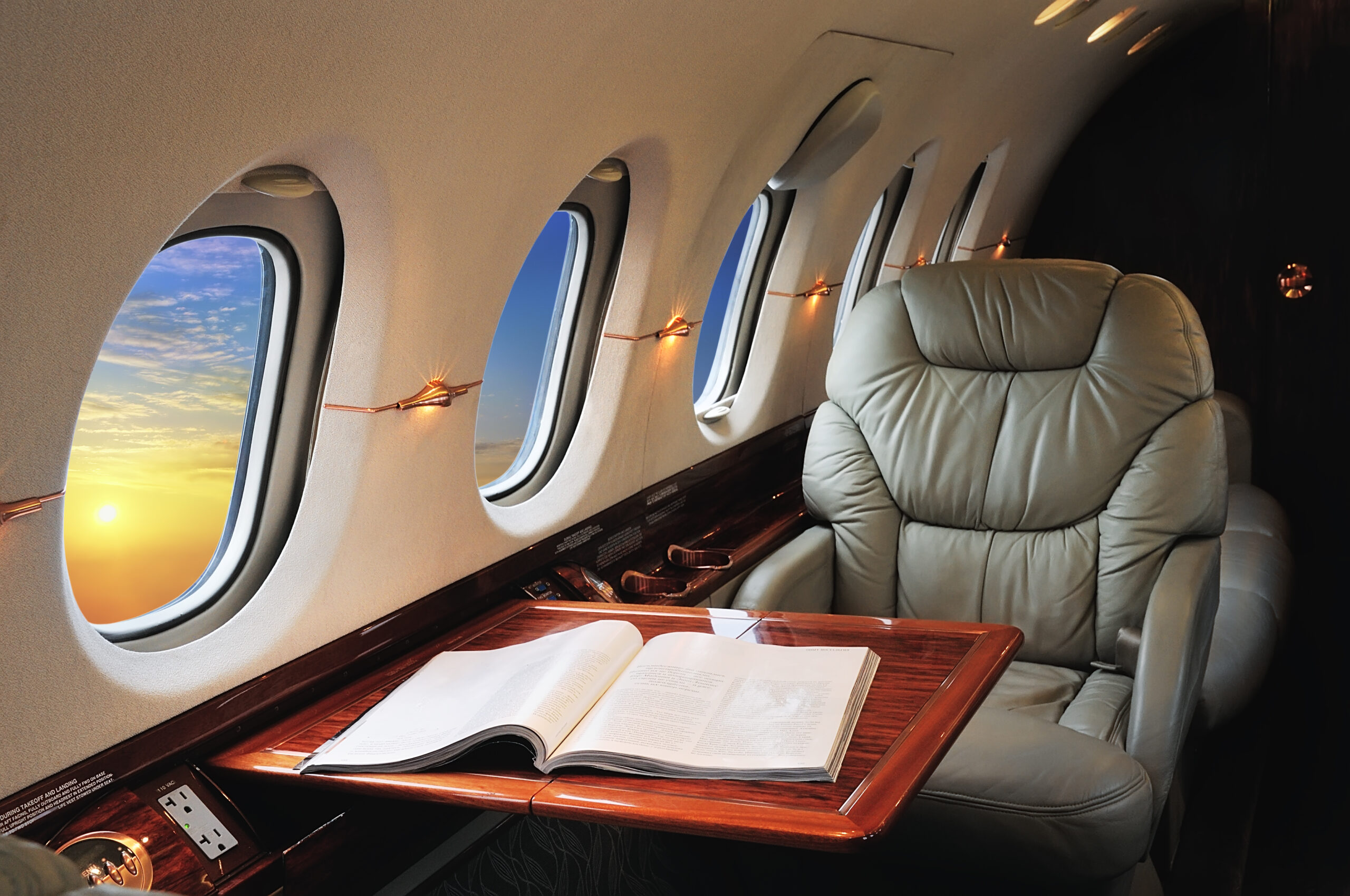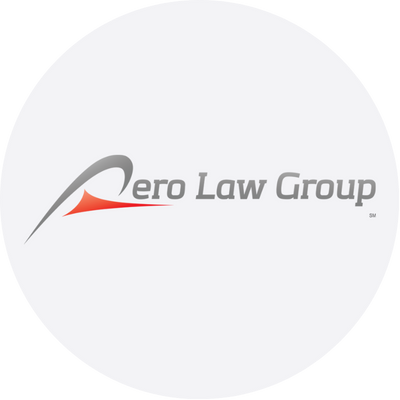
On May 20, 2025, Washington Governor Bob Ferguson signed a bill (ESSB5801) imposing a 10% luxury tax on the sale and use of private aircraft to the extent the value of the aircraft exceeds $500,000. The effective date of the aircraft luxury tax is not until April 1, 2026, but private aircraft owners that plan to hangar or land their aircraft in the State of Washington after that date should make preparations now to avoid this unprecedented charge.
The Washington aircraft luxury tax is in addition to the normal sales and use taxes in the state—which are already among the highest in the U.S. The new luxury tax on sales occurring in Washington (Section 207) will likely have very little impact because extremely few aircraft are purchased inside Washington. However, the new luxury “privilege” tax on aircraft (Section208) applies to all aircraft located in Washington beginning April 1, 2026. There is no exemption for aircraft that were purchased prior to April 1, 2026. If you own a private aircraft and it is located or brought into Washington on or after this date, you potentially owe the aircraft luxury tax.
The aircraft luxury tax is imposed on the value of the aircraft when the tax accrues. However, for aircraft that are leased, the luxury tax is on the value of the aircraft, not when the aircraft is brought into the State of Washington, but as of the date the lease began. Private aircraft that are owned by and leased from an unrelated party—such as a bank or finance company—will accrue luxury tax based on the value of the aircraft as of the beginning of the lease.
The aircraft luxury tax cannot be deferred or paid over time through a leasing structure. The aircraft luxury tax does not apply to owners or lessees of aircraft that are considered “nonresidents.” While the luxury tax provisions do not define what a “nonresident” is, decisions of the Washington State Department of Revenue in the non-luxury sales and use tax context have long determined that a person is not a nonresident if he, she or an entity has anything more than a “temporary or transient” presence in the state of Washington. If you’re a company with a branch office or employees (even if only remote or work-from-home employees) in Washington, you’re likely a resident. If you own a second home in Washington, or spend significant amounts of time in the state, you may be a resident. If you are a resident, you will owe the aircraft luxury tax as of the first landing of your aircraft in the State of Washington on or after April 1, 2026.

If you are a “nonresident” of Washington and have nothing other than “temporary or transient” connections, you may be able to avoid the aircraft luxury tax so long as the aircraft does not spend 90 or more days in the state. During what period those 90 days can occur is unclear.
Leases of aircraft to Part 135 charter operators that are residents of Washington would result in the 10% luxury tax being imposed on the whole aircraft, at the fair market value of the aircraft as of the commencement of the lease to the Part 135 charter operator. Part 135 charter operators could be considered residents of Washington if they maintain offices, have employees or permanently one or more of their fleet aircraft in the state. If an aircraft is owned or leased to a Washington resident, and is also leased to a Part 135 charter operator, the first Part 135 charter landing in Washington could subject the value of the entire aircraft to the 10% luxury tax. There may be an exemption from aircraft luxury tax where the aircraft is used principally in Part 135 charter operations, but the law is unclear.
Washington has not typically imposed sales or use tax on fractional-program aircraft, but it is unclear whether Washington residents who land fractional-program aircraft in the state will cause a 10% luxury tax on the value of the whole aircraft.
Various aviation constituencies are planning to lobby the Washington legislature and Gov. Ferguson to repeal or limit the aircraft luxury tax provisions. Similar luxury-tax provisions with respect to recreational vehicles, cars and boats were removed during the most recent legislative session.
Aside from aircraft luxury tax, the Washington legislature also recently increased its personal capital gains tax and its estate tax.
The information in this article is intended to highlight potential issues with aircraft ownership and operations and is therefore general in nature. Please feel free to contact one of our experienced aviation attorneys directly to discuss your specific business/personal needs.

Aero Law Group



No responses yet